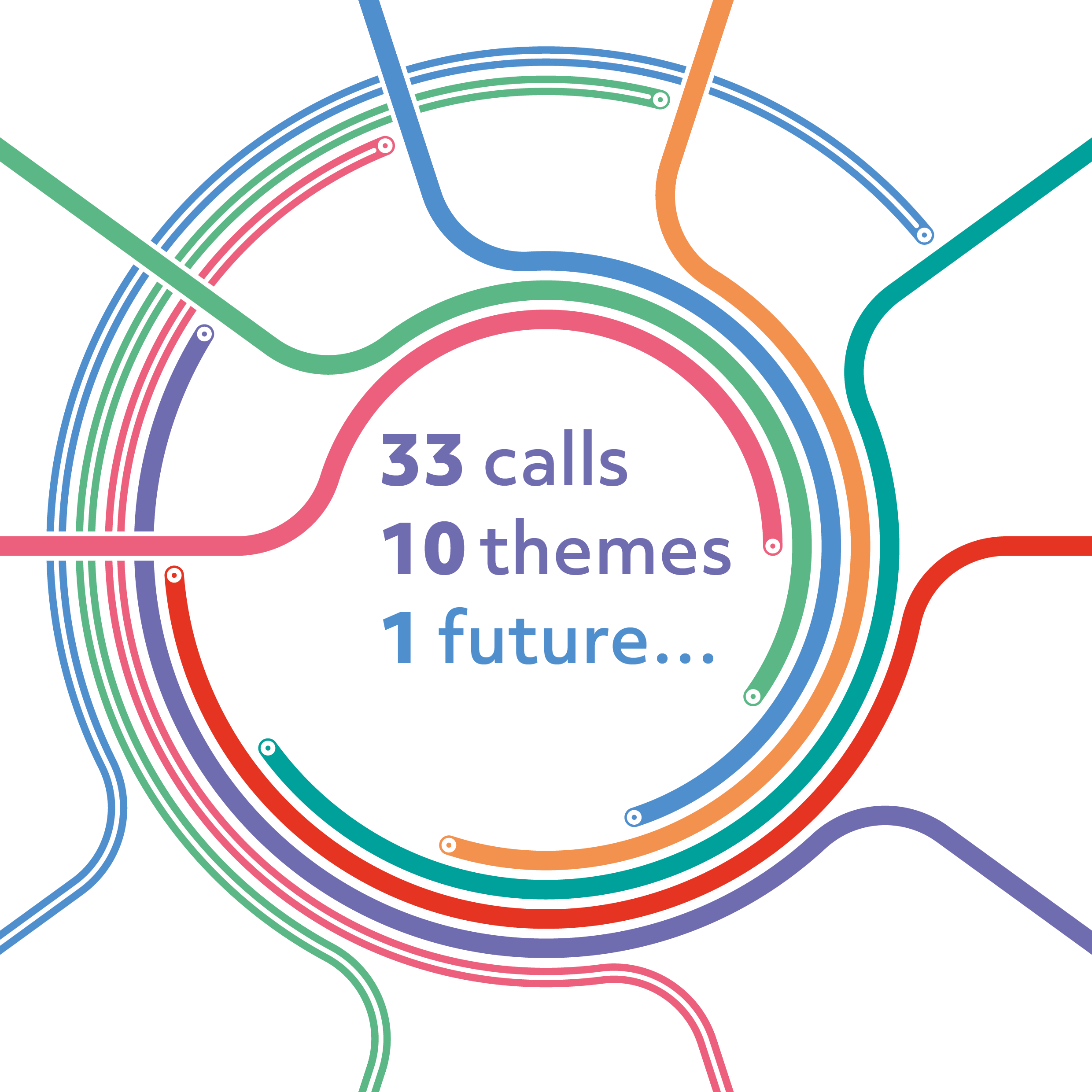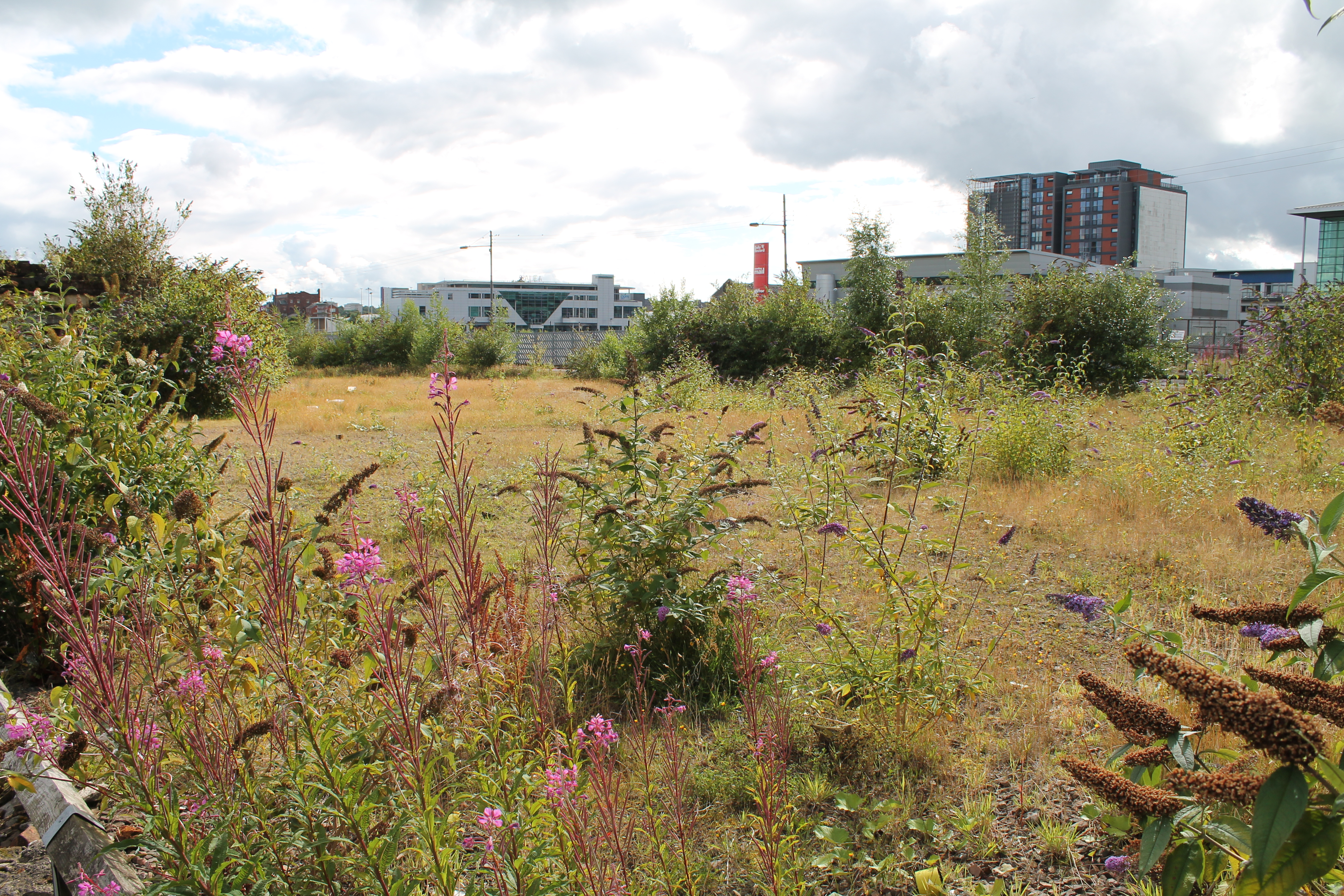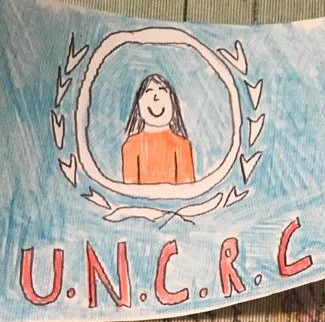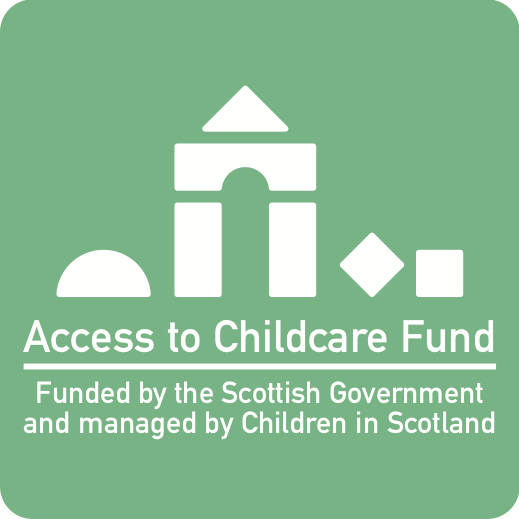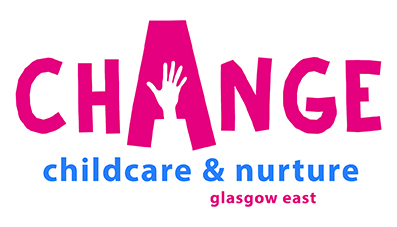“We must not lose sight of our collective goal”
Marking her first anniversary as our Chief Executive, in the first of a two-part blog Jude Turbyne takes stock of how poverty is impacting on families now – and why working in the children’s sector gives her hope
I have now been with Children in Scotland for just over a year. It has been a fulfilling time, during which my admiration for my colleagues within the organisation and across the children’s sector has been strengthened. So, I feel I should be celebrating but, rather, I find myself a bit gloomy.
I came into post during the pandemic. At the start of 2022, it felt as if we might be on a more positive journey away from Covid, and that we could start to build actively on the learning from the previous two years. There was a sense of hope that we could step out of crisis mode and settle into a new positive rhythm. However, we have moved from that phase into one where the external environment is increasingly hostile.
Crisis impacts
There have been a lot of insightful pieces written over the past few months highlighting how the cost-of-living crisis is having a devastating impact on families that are already vulnerable and illustrating how many other children, young people and families are sliding inexorably towards poverty.
Citizen’s Advice Scotland, for instance, estimates that one in 10 people in Scotland currently have nothing left after covering the essentials. A Save the Children briefing clearly illustrates the way in which stagnating incomes coupled with the massive hike in costs is likely to have a serious impact on families.
The Living Without a Lifeline report just published by One Parent Families Scotland shows the impact the crisis was already having on single parent families and the cloud of deep anxiety that many families are currently living under. The Scottish Government estimates that one million households across Scotland will be living in fuel poverty.
An unacceptable choice facing families
Action is needed. We had awaited with interest the Westminster emergency fiscal event last week. However, as outlined in the joint statement by the Children’s Commissioners for Scotland, Wales and Northern Ireland, this did not result in the targeted action required to support the children, young people and their families who are facing this winter with inadequate resources and increasing anxieties.
Rather it focused its policies on those who already have more than enough, believing that somehow their wealth would magically trickle down to families and young people living in vulnerable situations. It is simply not acceptable that there will be families this winter that are having to make a choice between food and heat.
We will push for better responses to the immediate crisis, but we must never lose sight of the ultimate goal, which is creating a more resilient Scotland, where our children, young people and families are lifted out of poverty and are not in danger of slipping back.
Welcoming the Child Payment increase
That is why the announcement of the raising of the Child Payment to £25 in November is particularly welcome: the evidence already shows that this payment has the potential to impact on child poverty rates. We need more measures like this that will support systemic change.
Last week we held a timely Children Sector Strategic and Policy Forum where leaders across the sector took stock of the situation. It is important that we invest in the right things. We know that money is tight in all sectors and so we need to prioritise those actions that will have the biggest, sustainable impact.
We are currently processing all the different announcements that have come out from Government in Scotland and Westminster, digging into the complexities of the situation now, and seeking to develop clear policy approaches that can have a real and sustainable impact for Scotland’s families. We will continue to reflect and write about our approach as we develop these collective responses.
Pushing for change
I started saying that I felt gloomy, and sometimes it is hard not to. But the children’s sector in Scotland is full of wonderful organisations and individuals that are committed to making Scotland a better place for our children and young people.
Putting our collective effort into pushing for and making the necessary changes can make a difference. And, that does, indeed, give me hope.
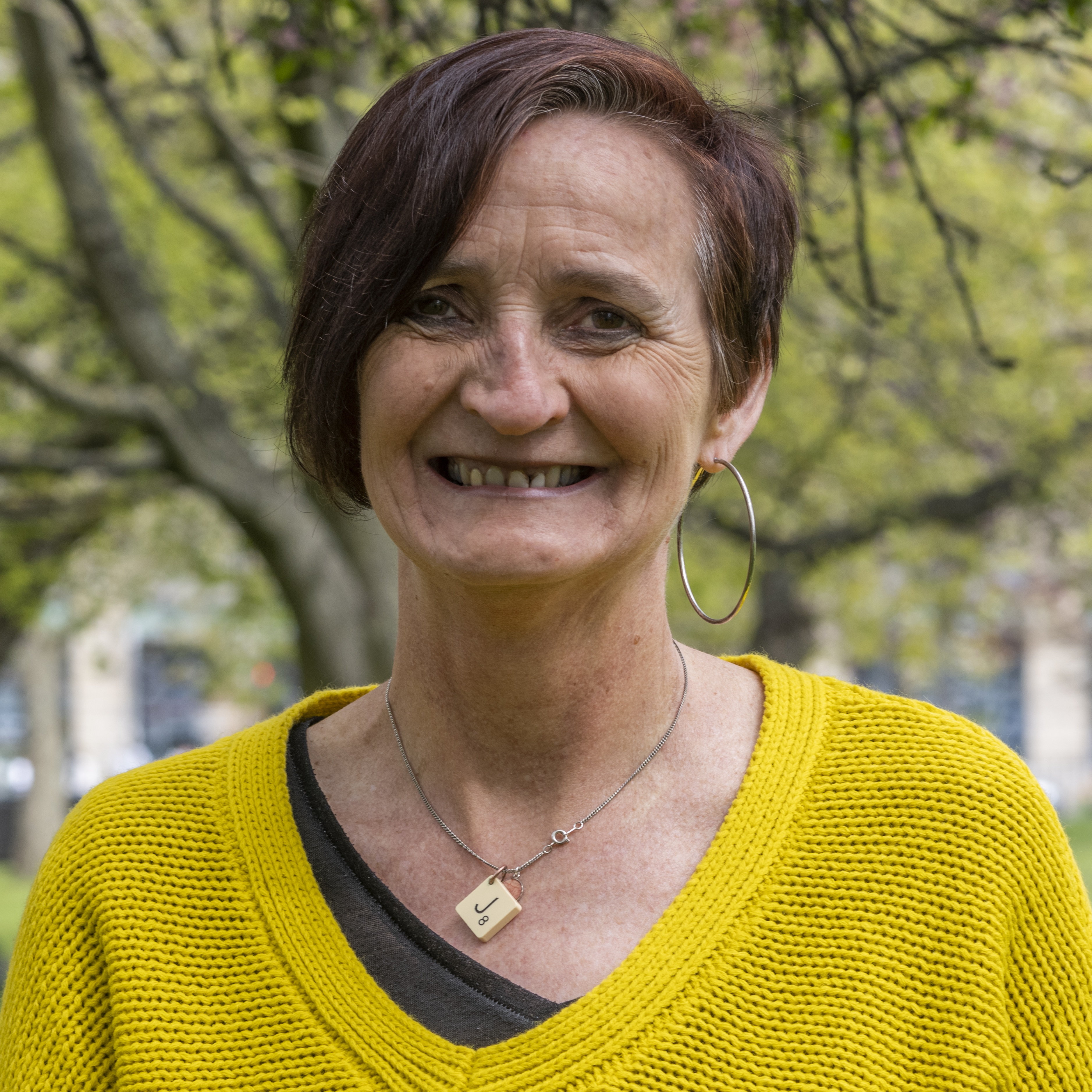
About the author
Our CEO Jude Turbyne has worked for a number of charities and in the development sector
Click here for more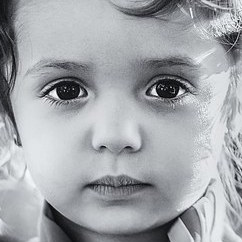
2021-26 Manifesto
Our Manifesto includes calls on challenging and reducing child poverty, supported by expert partner organisations
Click here for more
Strategic Forum
The Forum takes an evidence-based approach to improving children’s lives at national level
Click here for more














